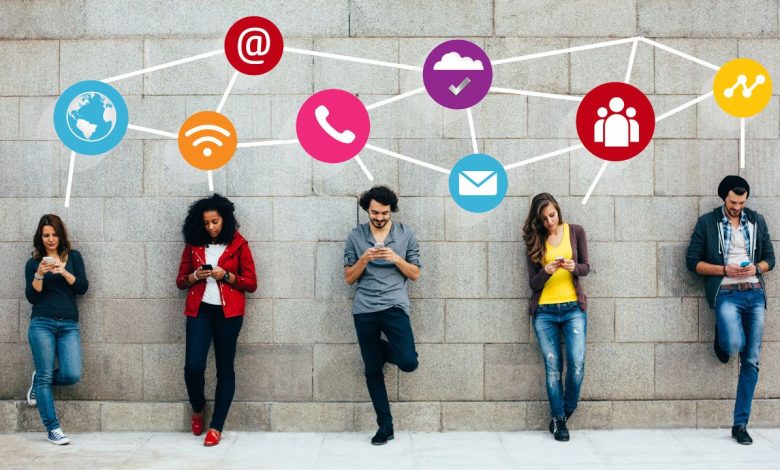The Impact of Social Media on Mental Health

In today’s digital age, it is undeniable that social media plays a significant role in our lives. It has revolutionized the way we connect, share, and consume information. However, as much as social media has its advantages, it also has a darker side that can take a toll on our mental health.
One of the main issues with social media is the constant comparison it promotes. People often showcase the highlights of their lives, creating a distorted reality that can make others feel inadequate. Seeing carefully curated posts of exotic vacations, picture-perfect relationships, and seemingly endless successes can lead many individuals to experience feelings of envy, self-doubt, and even depression.
Moreover, social media can exacerbate feelings of loneliness and isolation. While it claims to bring people together, it often results in superficial connections rather than deep and meaningful relationships. Scrolling through an endless stream of posts can make individuals feel disconnected from reality and contribute to a sense of social isolation.
Another concern related to social media is the pressure to be constantly available and responsive. The fear of missing out, also known as FOMO, is a common phenomenon experienced by many users. The constant need to update and keep up with the fast-paced nature of social media can lead to feelings of anxiety and stress, as individuals feel compelled to constantly be online and stay connected.
Furthermore, social media can be a breeding ground for cyber bullying and online harassment. The anonymity and detachment provided by the digital world often embolden individuals to engage in negative behavior they would not exhibit in real life. The sense of judgment and criticism that can arise from these interactions can significantly impact one’s self-esteem and mental well-being.
So, how can we mitigate the negative effects of social media on mental health? The first step is to be aware of our emotions and reactions while using social media. It’s crucial to recognize that what is portrayed on social media isn’t always an accurate reflection of reality. We should remind ourselves that people tend to share their best moments and that everyone has their own struggles.
Setting boundaries and limiting social media usage is also essential. Allocating specific times for social media and dedicating the rest of our time to real-life interactions and self-care activities can help reduce the negative impact. Engaging in hobbies, spending time with loved ones, and practicing mindfulness can all contribute to a healthier mindset.
Another way to counteract the negative effects of social media is to cultivate a supportive online community. Surrounding ourselves with people who uplift and inspire us can help counterbalance the toxicity that may exist on social media platforms. Participating in meaningful discussions and sharing positive content can contribute to a more fulfilling and beneficial online experience.
Lastly, it’s crucial to remember that seeking support is never a sign of weakness. If social media begins to impact your mental health significantly, reaching out to friends, family, or a mental health professional can provide the guidance and support needed.
Social media isn’t inherently evil, but it’s essential to approach it mindfully and take active steps to protect our mental well-being. By being aware of the potential negative effects, setting limits, and cultivating a positive online environment, we can navigate social media in a way that enhances our lives rather than detracts from it.




